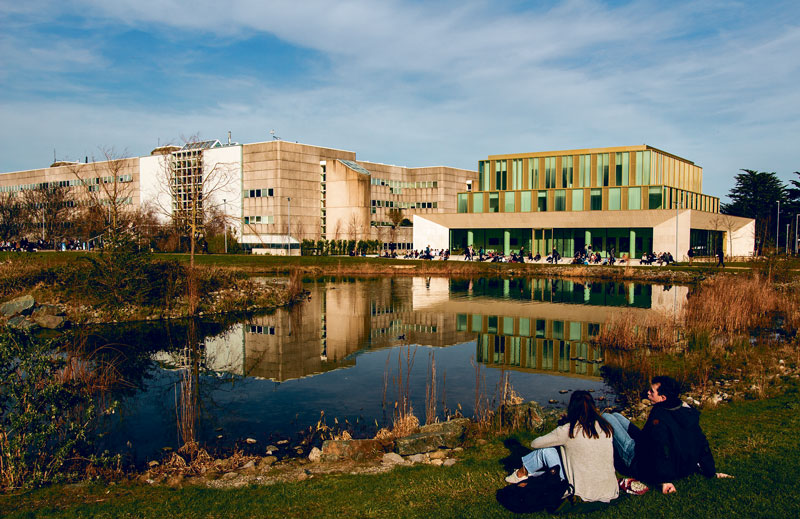The Chinese government has rebranded Confucius Institutes as centres for “language exchange and cooperation”, after years of international criticism over the use of the institutes for propaganda and censorship, the South China Morning Post has reported.
On Saturday, the Chinese Ministry of Education said that the Confucius Institute Headquarters – or Hanban – had changed its name to the Ministry of Education Centre for Language Education and Cooperation.
Confucius Institutes, charged with promoting Chinese language and culture around the world, have sprung up on campuses around the world since 2004, including in University College Dublin (UCD) and University College Cork. In 2018 there were 548 institutes and nearly 2,000 Confucius classrooms in 154 countries.
The institutes have been subject to global scrutiny due to the role they play in bolstering the superpower’s image and have frequently been accused of promoting Communist Party propaganda.
The Confucius Institute building in UCD drew controversy in 2016, when UCD President Andrew Deeks requested – and was declined – an extra €2.5 million from the Department of Education to complete its construction, in order to avoid what he termed “a diplomatic incident” with Beijing.
The building was eventually completed in 2019. Speaking to The University Times in 2019, President Deeks insisted that the executive board of the UCD Confucius Institute ensures that “the Institute upholds the values of the partner universities, including academic freedom”.
Over the past few years, a number of universities in the United States – increasingly concerned about Chinese government influence on US education – have closed their Confucius Institutes.
Universities in Denmark, the Netherlands, Belgium and France have also shut down Confucius institutes on their campuses. Sweden, which was the first European country to open a Confucius Institute, closed its last institute in January and the last Confucius classroom in May.
Speaking at the National Chinese Language Conference in June, Deputy Director of the Confucius Institute Headquarters Ma Jianfei said that the centres “uphold the concept of openness, inclusiveness, respect and trust” and will continue promoting international cultural exchanges.
Speaking to the South China Morning Post, Sun Yixue, from the International School of Tongji University in Shanghai, said that the name change was “related to various kinds of pressure, but it is by no means succumbing to them”.
“It is a timely adjustment made by China to adapt to the new situation of world language and cultural exchanges, but this does not mean that all overseas Confucius Institutes should be renamed accordingly.







